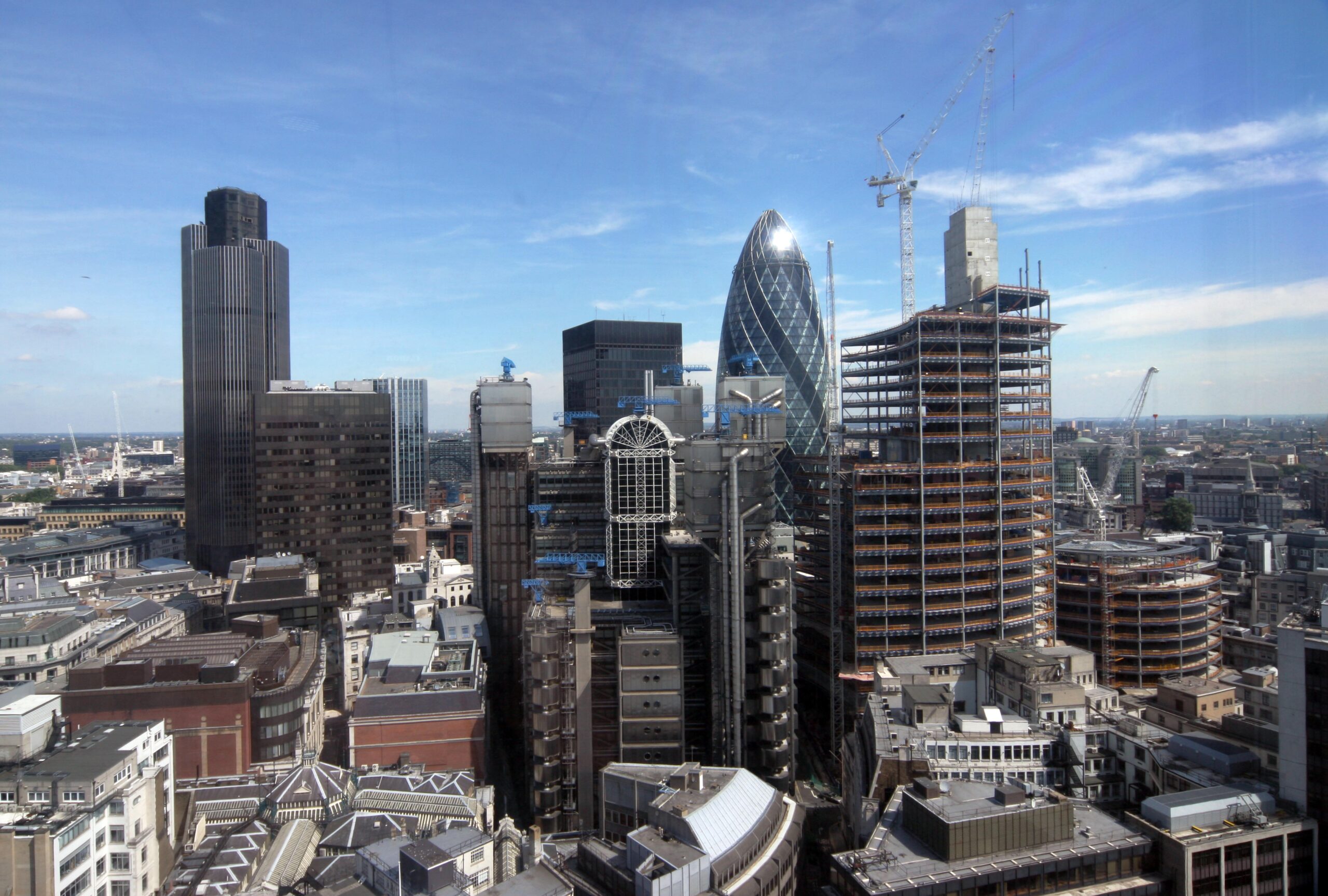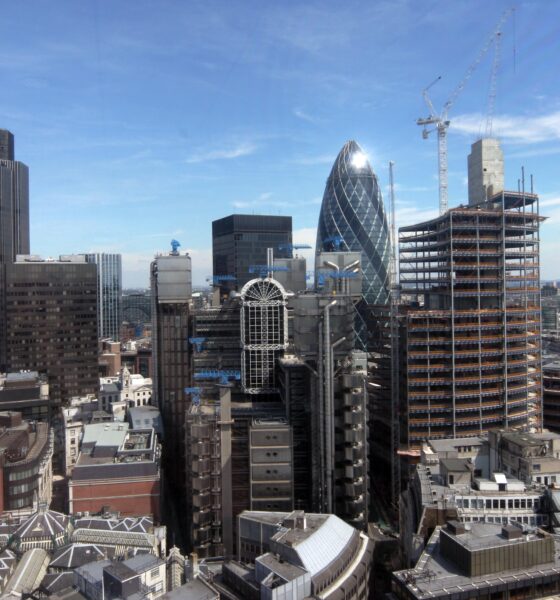

Energy
Energy consumption in cites to triple by 2050 without sustainable planning
Cities around the world will consume three times more energy in 2050 when compared to 2005 unless sustainability is considered in planning phases. The greatest potential energy savings come from developing cities where infrastructure is not already ‘locked-in’.
Currently around half of the world’s population live in cities, but the growing trend of urbanisation will see this rise further in the coming decades. As a result, the amount of energy consumed within urban centres will increase rapidly, potentially harming climate change efforts.
The new study, published in the journal Proceeding of the National Academy of Sciences, looks at how a range of measures, including taxes on petrol and improving public transport, can reduce energy demand within cities.
The researchers, from the Mercator Research Institute of Global Commons and Climate Change (MCC), Yale University, the University of Maryland and the Potsdam Institute for Climate Change, found that sustainable measures can have a significant impact, particularly in developing cities.
Felix Creutzig, lead author of the study and director of the MMC group land use, infrastructure and transport, said, “Our research allows crucial new insights into how cities can most effectively mitigate the impact of climate change.
“The potential for CO2 reduction is greatest in rapidly growing cities and where infrastructures are still not so stuck. Thus, the lock-in pattern of high emissions can be avoided.”
The findings suggest that through “clever planning” energy consumption in 2050 can be reduced by a quarter, with developing cities contributing to the majority of the savings.
The researchers note that the Intergovernmental Panel on Climate Change (IPCC) has recently emphasised how important cities are when it comes to mitigating climate change. The organisation found cities consume 76% of the world’s energy and are responsible for around three quarters of global CO2 emissions.
“We know that growth is enormous and rapid in the cities of Asia, Africa and the Near East and the great impact this has on global emissions. But [the latest] study shows that they also offer us an opportunity to influence how they develop cities and save emissions,” commented Karen Seto, professor of urbanisation at Yale University and head of the IPCC chapter on cities.
Photo: Simon Rogers via Freeimages
Further reading:
Are cities where sustainable futures will be made?
Sustainable cities will ‘save lives’ and improve economies, says Bloomberg
Urban sustainable tourism: being responsible in the city
Report: green spaces ‘central’ to successful cities
Urban integration: key issues in building sustainable cities


 Environment12 months ago
Environment12 months agoAre Polymer Banknotes: an Eco-Friendly Trend or a Groundswell?

 Features11 months ago
Features11 months agoEco-Friendly Cryptocurrencies: Sustainable Investment Choices

 Features12 months ago
Features12 months agoEco-Friendly Crypto Traders Must Find the Right Exchange

 Energy11 months ago
Energy11 months agoThe Growing Role of Solar Panels in Ireland’s Energy Future






























